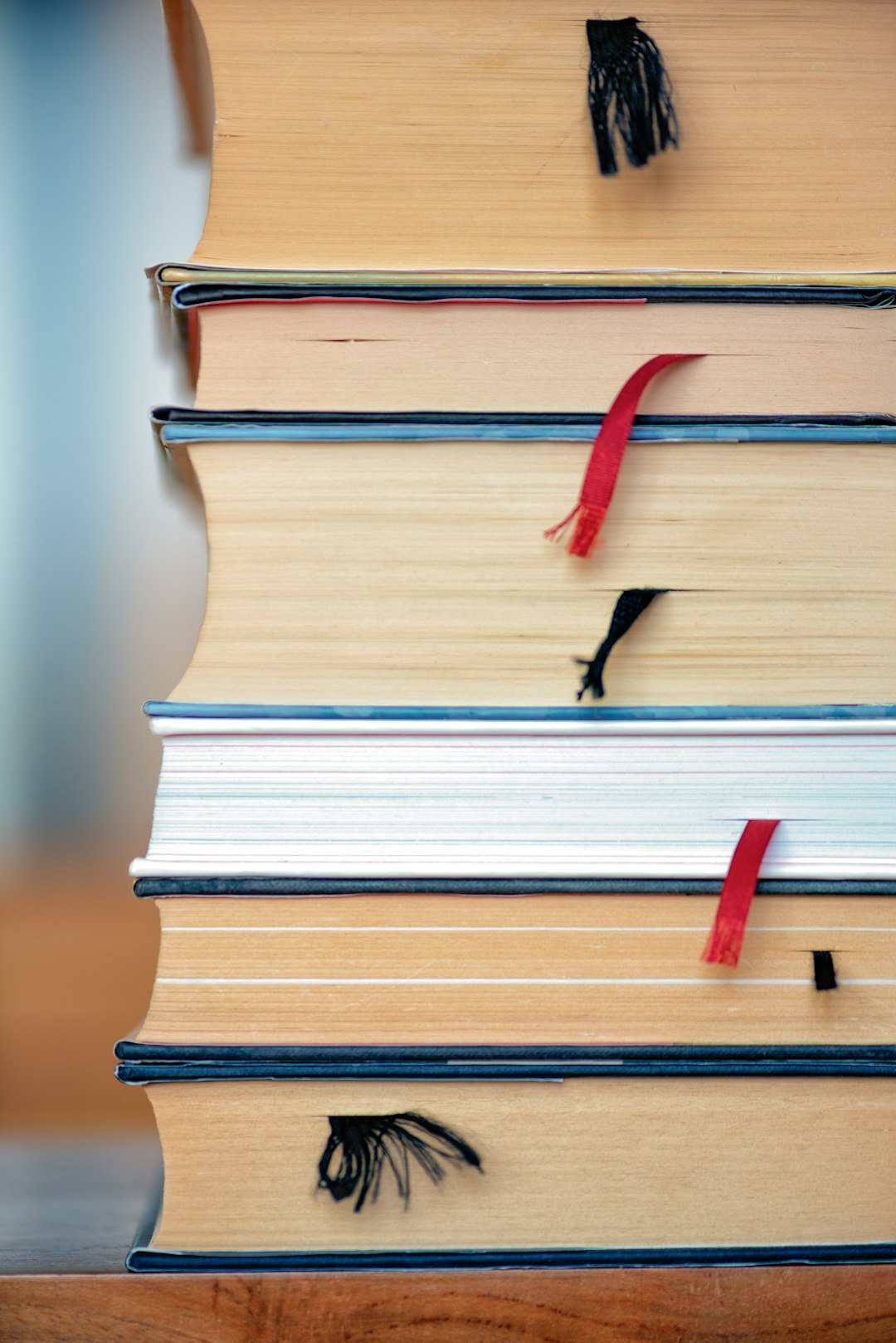Teaching life skills to students in special education can be both rewarding and challenging. These students often require additional support and resources to help them learn essential skills that will enable them to lead more independent and fulfilling lives. To assist teachers in this important task, here are 10 must-have resources for teaching life skills in special education classrooms:
1. Visual schedules: Visual schedules are essential tools for students in special education. These schedules outline daily tasks and activities in a clear, visual format, helping students understand and follow their routines more effectively. Visual schedules can be especially helpful for students with autism spectrum disorder or other developmental disabilities.
2. Social stories: Social stories are short narratives that describe social situations and appropriate behaviors in a way that is easy for students to understand. These stories can help students learn how to navigate social interactions and develop important social skills.
3. Task analysis sheets: Task analysis sheets break down complex tasks into smaller, more manageable steps. These sheets can help students in special education learn new skills and routines by providing clear and structured instructions.
4. Picture cards: Picture cards are a versatile resource that can be used to support communication, organization, and learning in special education classrooms. These cards can be used to create visual schedules, teach vocabulary, and facilitate social interactions.
5. Adapted books: Adapted books are books that have been modified to make them more accessible to students with special needs. These books may include simplified text, picture supports, or interactive elements that engage students and help them develop literacy skills.
6. Sensory tools: Sensory tools, such as fidget toys, weighted blankets, and sensory bins, can help students in special education regulate their sensory experiences and improve their focus and attention. These tools can be especially helpful for students with sensory processing differences.
7. Behavior charts: Behavior charts are visual tools that help students track and monitor their behavior over time. These charts can be used to reinforce positive behaviors, set goals, and develop self-regulation skills.
8. Life skills worksheets: Life skills worksheets are printable resources that cover a wide range of essential skills, such as cooking, budgeting, hygiene, and time management. These worksheets can be used to reinforce classroom lessons and provide additional practice for students.
9. Social skills games: Social skills games are interactive activities that help students practice important social skills in a fun and engaging way. These games can help students develop communication, cooperation, and problem-solving skills.
10. special education printables: Special education printables are downloadable resources that cover a variety of topics and skills, such as math, reading, and social-emotional learning. These printables can be customized to meet the specific needs of students in special education and provide additional support for classroom instruction.
In conclusion, teaching life skills to students in special education requires a variety of resources and tools to support their learning and development. By incorporating these 10 must-have resources into their classrooms, teachers can create a supportive and engaging learning environment that empowers students to succeed. Special education printables, in particular, offer a valuable resource for teachers seeking to provide individualized instruction and support for their students. With the right resources and support, students in special education can build the skills they need to thrive and succeed in school and beyond.
************
Want to get more details?
Magnolia Print Goods
https://www.magnoliaprintgoods.com/
Special education printables for parents and teachers.

